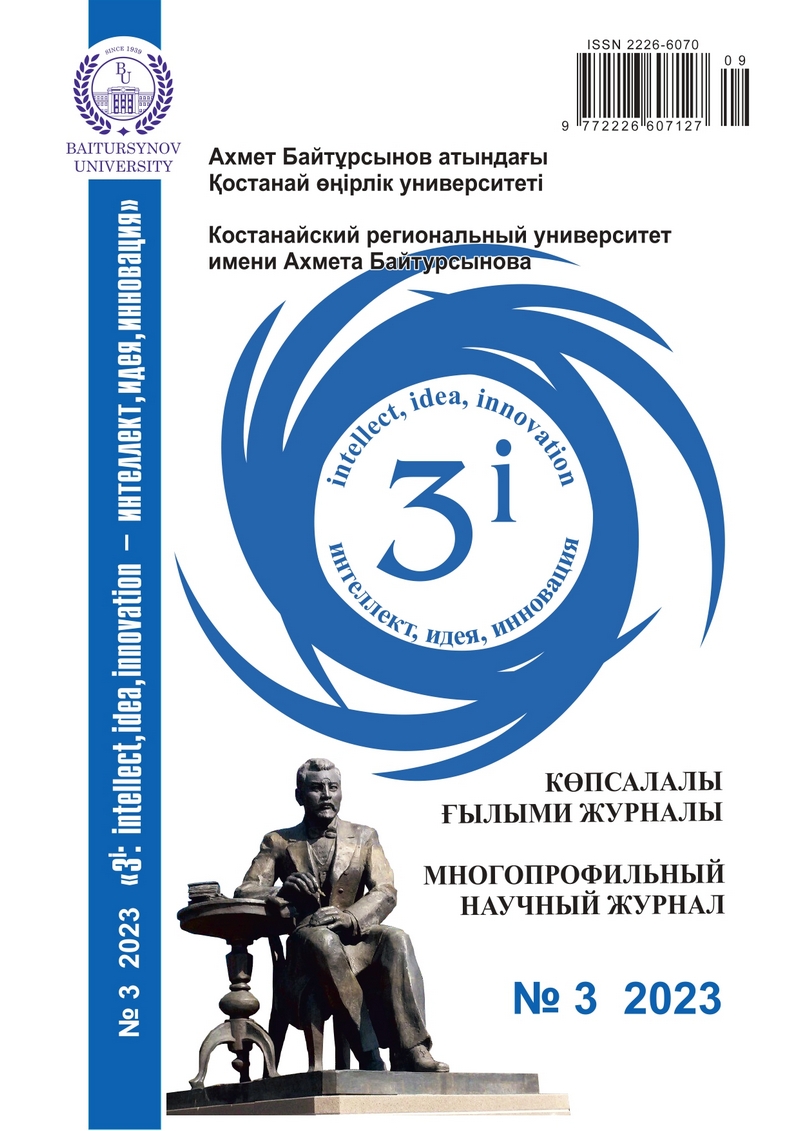ВЛИЯНИЕ РЕФЛЕКСИВНОГО СОЗНАНИЯ НА РАЗВИТИЕ НРАВСТВЕННОЙ КУЛЬТУРЫ ДОШКОЛЬНИКОВ
DOI:
https://doi.org/10.52269/22266070_2023_3_184Ключевые слова:
нравственность, нравственная культура, рефлексия, рефлексивное сознание, самосознаниеАннотация
Данная статья направлена на анализ понятия "рефлексия"," рефлексивное сознание", "самосознание", "нравственность", "нравственная культура". Проведен анализ научных и педагогических работ, посвященных проблемам формирования данного термина. Дается информация о формировании и развитии рефлексии у детей дошкольного возраста. Авторы, опираясь на мнения ученых, описывают место, которое рефлексия занимает в личностном развитии ребенка как важнейшее психологическое новообразование. Развитие особой способности к самопознанию начинается в раннем возрасте, то есть говорят, что оно связано с механизмом формирования этой рефлексии у детей дошкольного возраста. Нравственная культура ребенка может формироваться в зависимости от основы нравственного воспитания и служить основой его существования. Рефлексия как процесс, направленный на внутреннюю структуру человека, помогает понять, оценить, переоценить, изменить его собственные действия. Рефлексивное сознание – это также осознание своего внутреннего мира и осознание своего собственного состояния. Также, раскрываются компоненты нравственной рефлексии как одного из путей формирования у ребенка признаков нравственной культуры. Актуальность темы заключается в анализе влияния рефлексивного сознания на развитие нравственной культуры дошкольников с теоретико-практической точки зрения.




